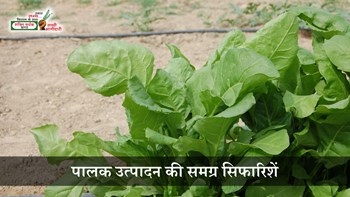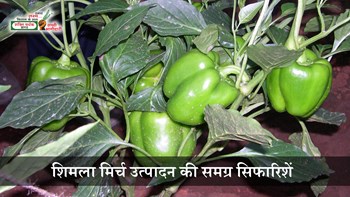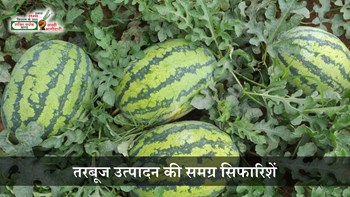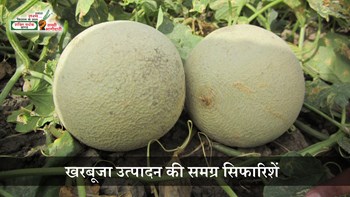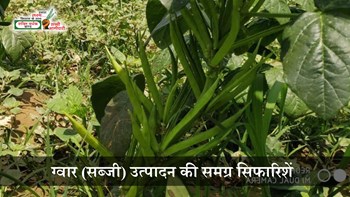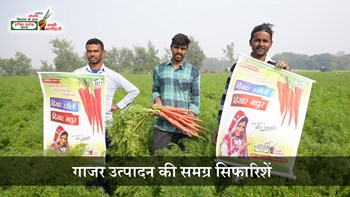- Organic farming and Natural Fertilizers -
Traditional farming depends a lot on artificial fertilizers and pesticides, which can be damaging to the environment. In contrast, organic farming utilizes natural fertilizers like compost, manure, and green manure to improve soil health. The main advantages of organic farming are better soil structure and increased microbial activity along with less pollution of water sources from chemical runoff and greater crop resilience against diseases and pests.
- Crop Rotation and Diversification -
Crop rotation is the practice of planting different types of crops in a specific order on the same land. This method helps to keep the soil healthy, disrupts the cycles of pests and diseases, and boosts soil fertility. It also lowers the reliance on chemical fertilizers and increases crop yields. For instance, alternating legumes like beans and peas with cereals such as wheat and corn helps to keep nitrogen levels stable in the soil. Growing a mix of crops reduces the chances of losing all crops to pests or bad weather.
- Integrated Pest Management (IPM) -
Integrated Pest Management (IPM) is a sustainable way to manage pests by using a mix of biological, cultural, physical, and chemical strategies. Rather than depending only on chemical pesticides, IPM aims for long-term pest control while reducing risks to human health and the environment. The main elements of IPM are biological Control which means utilizing natural enemies and helpful insects, such as ladybugs, spiders, and parasitic wasps, to keep pest numbers in check.
- Water conservative techniques -
Water conservation plays a vital role in sustainable farming by maximizing the use of scarce water resources while keeping crop yields high. Drip irrigation is a highly effective method that supplies water straight to the roots of plants, minimizing waste and evaporation. Rainwater harvesting captures and stores rainwater for irrigation, lessening the reliance on groundwater and city water supplies. Using organic materials such as straw or wood chips for mulching helps keep soil moist, control weeds, and enhance soil quality. Furthermore, practices like contour farming and cover cropping help reduce water runoff and boost soil's ability to retain moisture, leading to a more robust agricultural system.
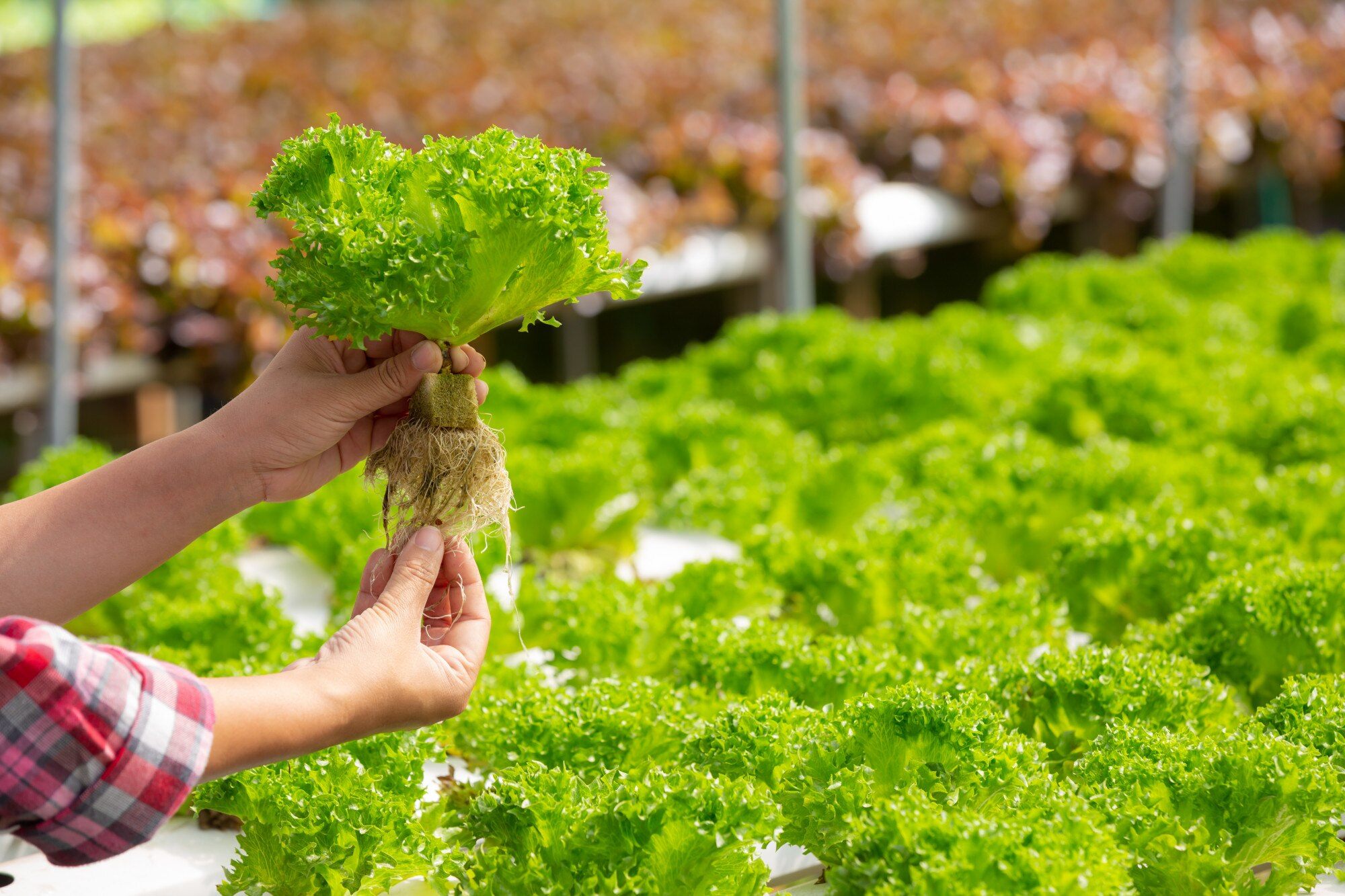
- Renewable Energy in Agriculture -
Conventional farming practices depend a lot on fossil fuels, leading to increased carbon emissions. Transitioning to renewable energy can greatly lessen agriculture's impact on the environment. Solar power is commonly utilized in irrigation, greenhouses, and various farm activities, helping to decrease reliance on fossil fuels. Wind energy is also a viable sustainable choice for powering farms, especially in areas with strong winds. Moreover, producing biogas from animal waste and leftover crops offers an effective method for generating energy while handling agricultural waste.
Sustainable farming represents the future of agriculture. By implementing techniques like crop rotation, organic farming, water conservation, and using renewable energy, farmers can boost their harvests while conserving the environment. Committing to sustainability helps keep farmland productive for future generations and lowers the ecological impact of food production. Although shifting to sustainable practices may involve upfront costs and a learning curve, the lasting advantages for both farmers and the planet make it a valuable pursuit.

